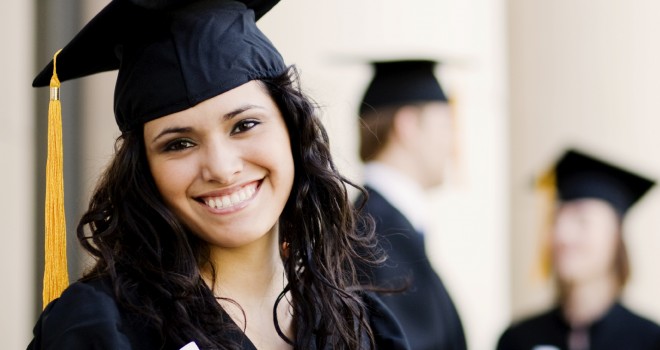
What I have learned from my students
Educators must realise that providing knowledge and experience is an on-going, two-way process
As the academic year closes down (with the summer session just ending), I have been reflecting on my work, which includes teaching, research, administration and outreach. The modern world is so fast and hectic that months sometimes go by without giving us a chance to think about what we have been doing, what we have learned or what changes we should make. It was John Locke, the English philosopher, who referred to education as the “beginning of a gentleman”, but pointed to reflection as the “finishing” stage of being a gentleman.
And among the ideas that struck me as I recalled moments that were significant, but easy to overlook, were interactions with students from which I learned some important things. These then led me to try to think of what I have learned from students over the years …
First, I learn from students in different settings: Through what they write in their exam papers or their assignment submissions, through emails and most of all through the discussions we have in my office, where they often reveal their ways of thinking and living and their intentions and hopes for the future.
One of the essential things I learned early on as an educator is that students not only have different learning styles (some prefer spoken explanations, others learn better visually, on the board or screens, others prefer practical demonstrations or hands-on learning, etc.) but also carry a large variety of personalities. It is important for educators to identify the most effective way to “get through” to each student. I recently read a great quote that every teacher should keep in mind at all times: ‘Students won’t care to learn until teachers learn to care!’
And indeed, when we educators interact with students in earnest, when we listen as much as talk, we learn a great deal. But do we learn more from students today than teachers did in previous times? I believe we do, for today students carry much more knowledge and experience overall: They have more resources at their disposal, more ways of learning, more contributions to make and more independence than pupils and disciples ever did.
However, being more independent and able to get information and knowledge does not at all mean that students do not need their teachers. On the contrary, more than ever, they feel disoriented in this fast world, where too much is available and it is difficult to know where to start and what path to take. Learning today can be overwhelming, with more emphasis on methodology than information, more demand on rigour and discipline (in thinking, in researching, in writing, etc.). Students are often so confused, so frustrated that they feel paralysed, ready to give up on a subject and accepting to fail.
Thus, the second thing I have learned is to simplify and ease the learning process for students as much as possible. We often have a tendency to mistake quantity of information for knowledge and real learning: Textbooks are thicker than ever, curricula are extensive, global demand and competition make us want to fill students with more and more … But oftentimes, “less is more”, at least if we want to develop the mind instead of filling it and to guarantee that we are building strong foundations for lifelong learning. (Memo to curriculum designers and textbook writers: Please reduce the material!)
Then, of course, there is the well-known obsession with grades. Everyone is partially guilty and responsible for this phenomenon: Parents want their children to only get A’s; students learn to measure their success through their GPA’s (grade point averages); teachers put too much emphasis on exams and grades, making students believe that a score of 80 is really different from a 77; etc. And so, one of my tasks as an educator is to try to lower the students’ stress level about exams and grades.
Students have also taught me much in terms of science, knowledge and various techniques, especially in the fast-changing digital world. By always challenging my explanations with “but why …” questions, by providing me with sources or resources that I was not aware of (students are good at finding gems on the web), by introducing me to new techniques, I learn while I teach and I grow with my students …
Finally, over the years, I have come to realise that students regard teachers as more than instructors; they regard them as role models, at least potentially. Students are observing us in every way: Our way of thinking, our speech patterns, our manners (and mannerisms), our way of relating and interacting with them and with others, our personas and ways of being. In the back of their minds, they are (unconsciously) asking themselves: Is this the person I want to model myself after?
In a word, by teaching and interacting with students, we educators learn to be humble. We provide some knowledge and experience, but we must realise that it is an on-going, two-way process, in which students play an important role. It is a journey for us all together.
By Nidhal Guessoum, published in Gulf News, July 25th 2013.
Nidhal Guessoum is associate dean at the American University of Sharjah. You can follow him on Twitter at: www.twitter.com/@NidhalGuessoum.

